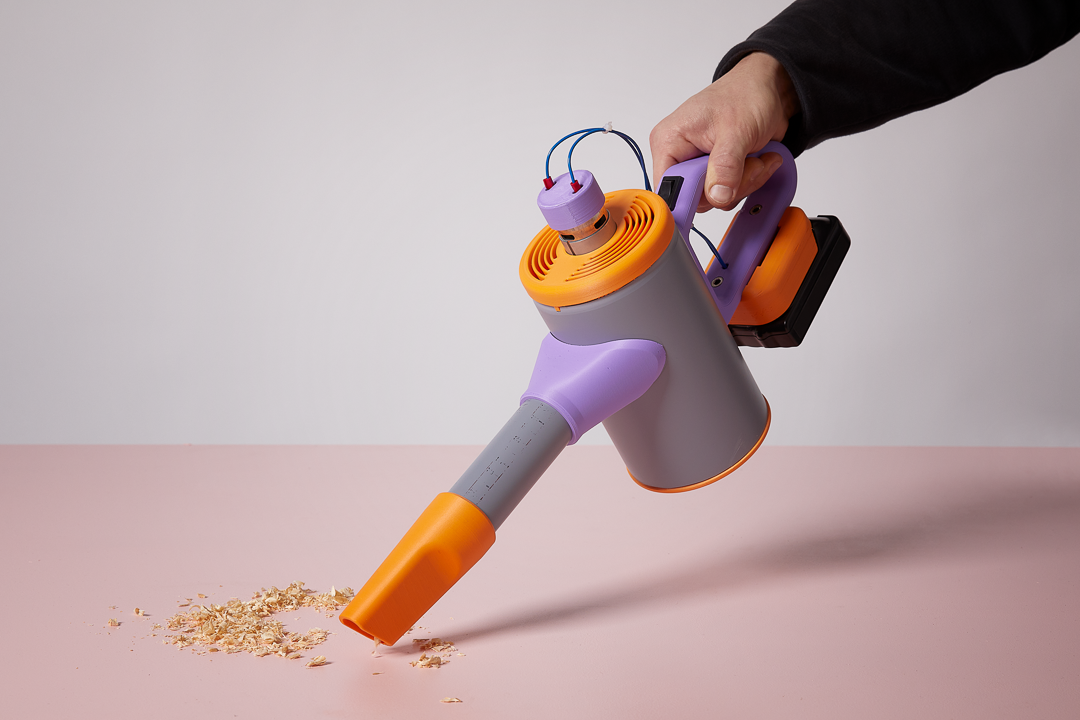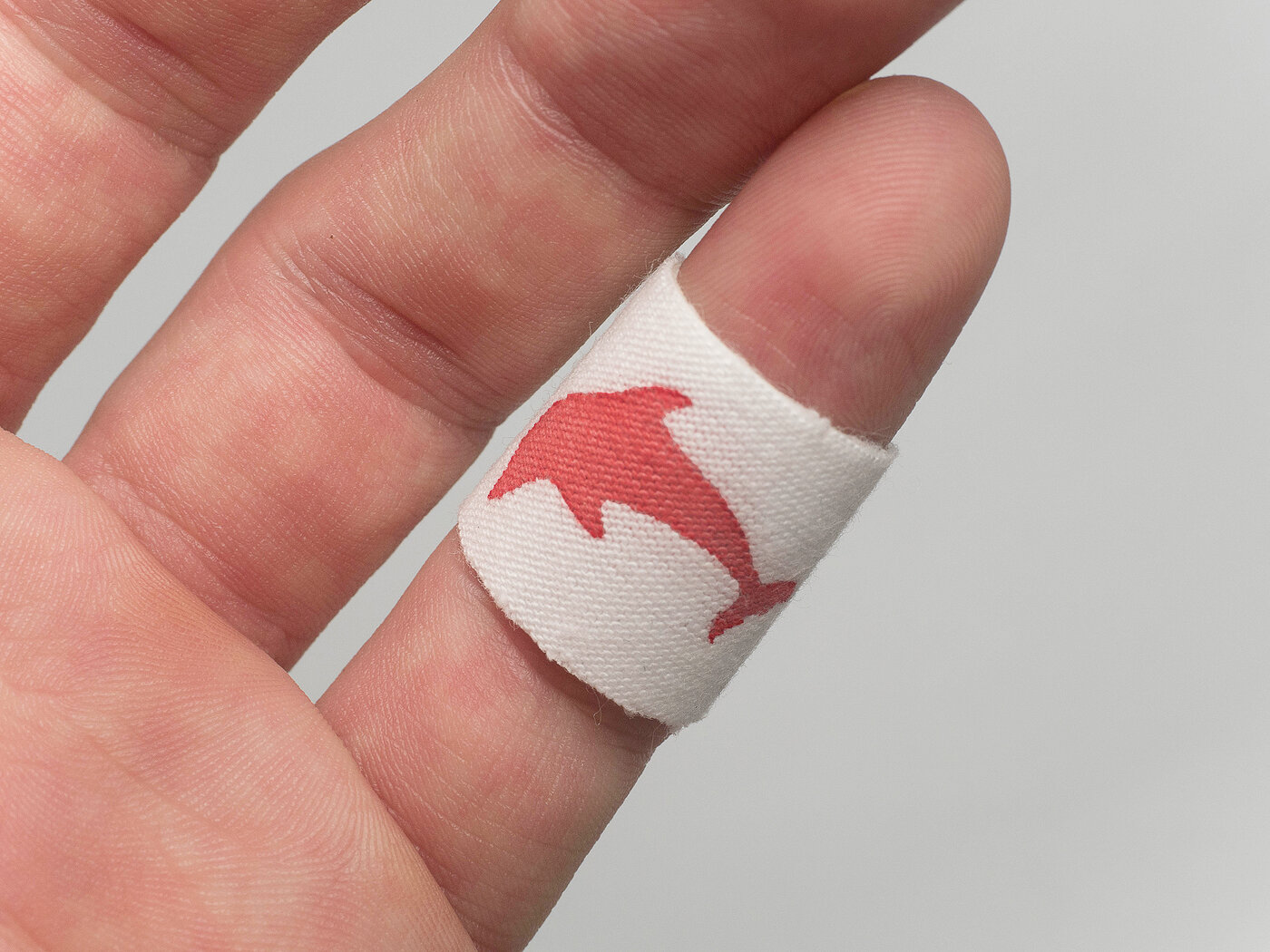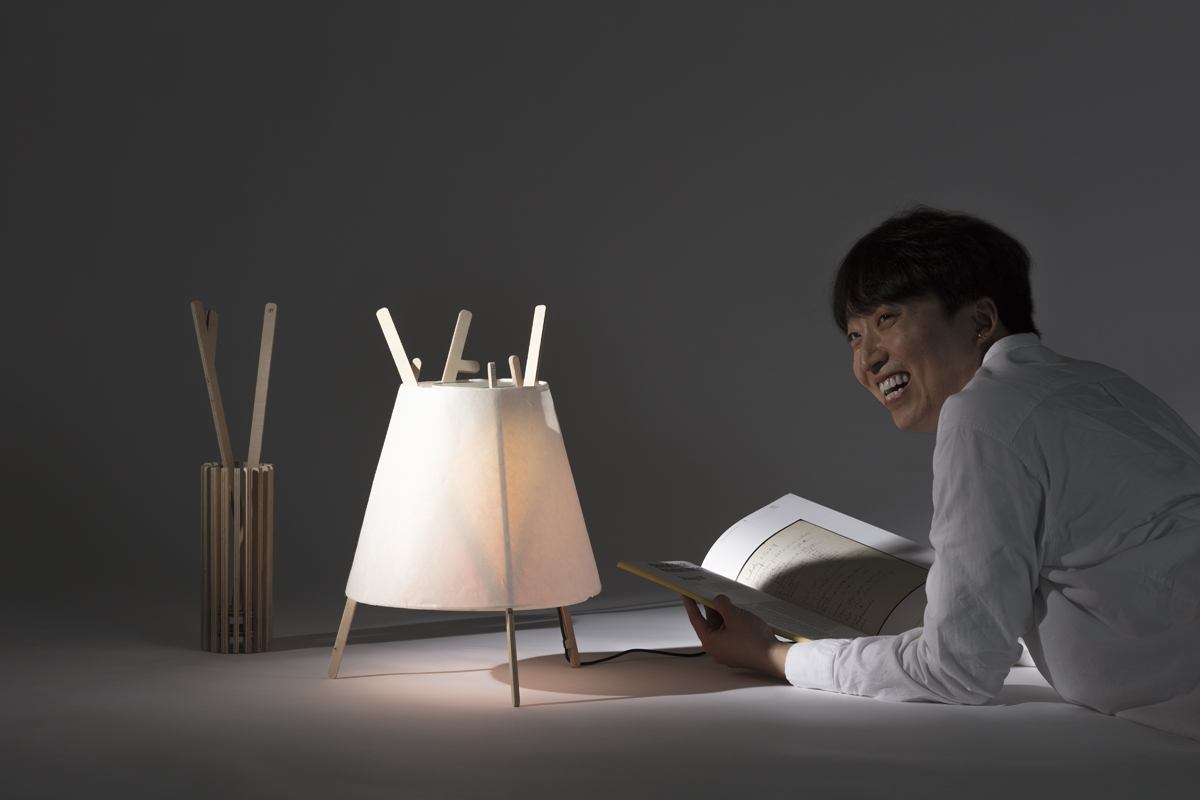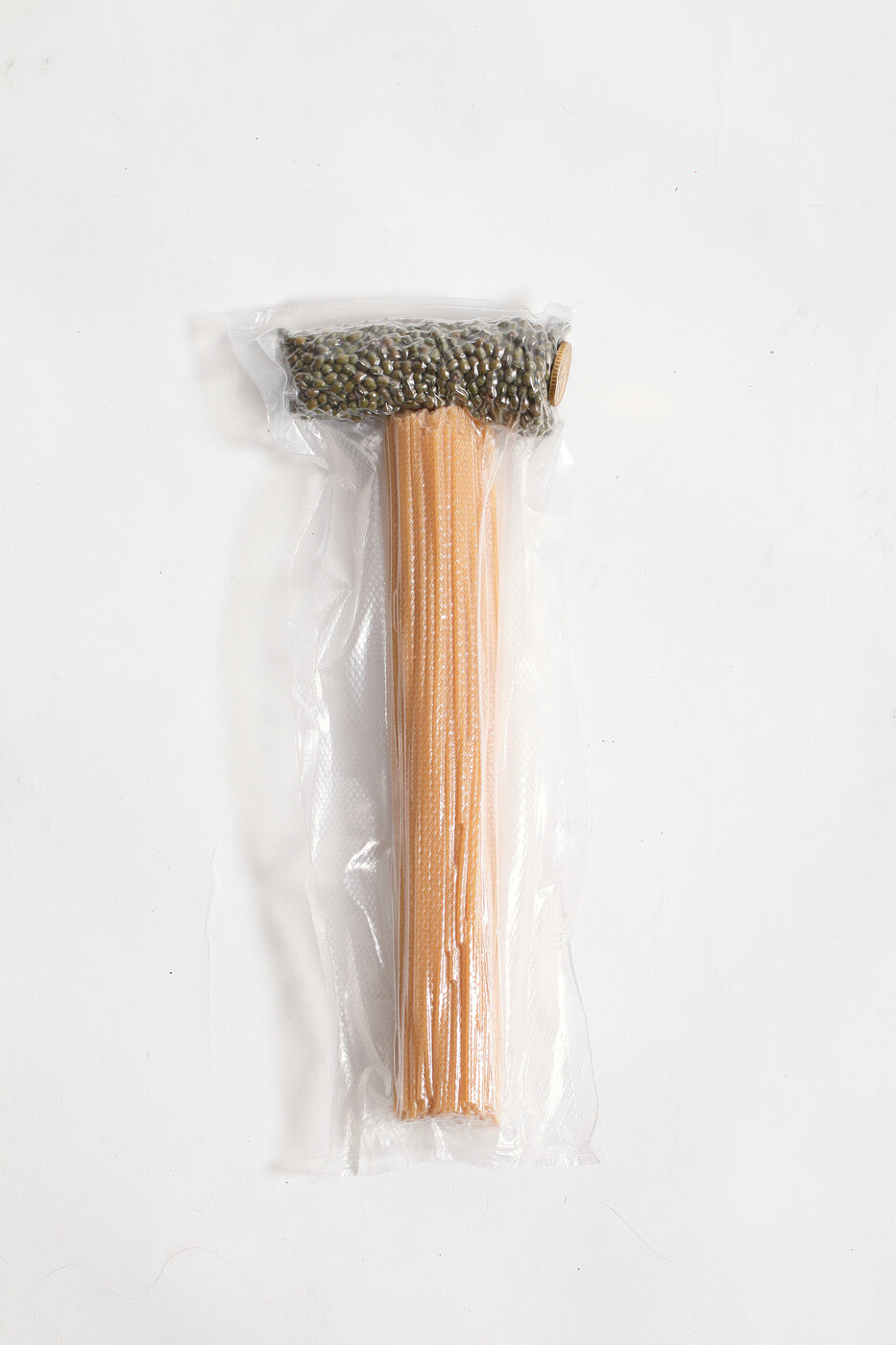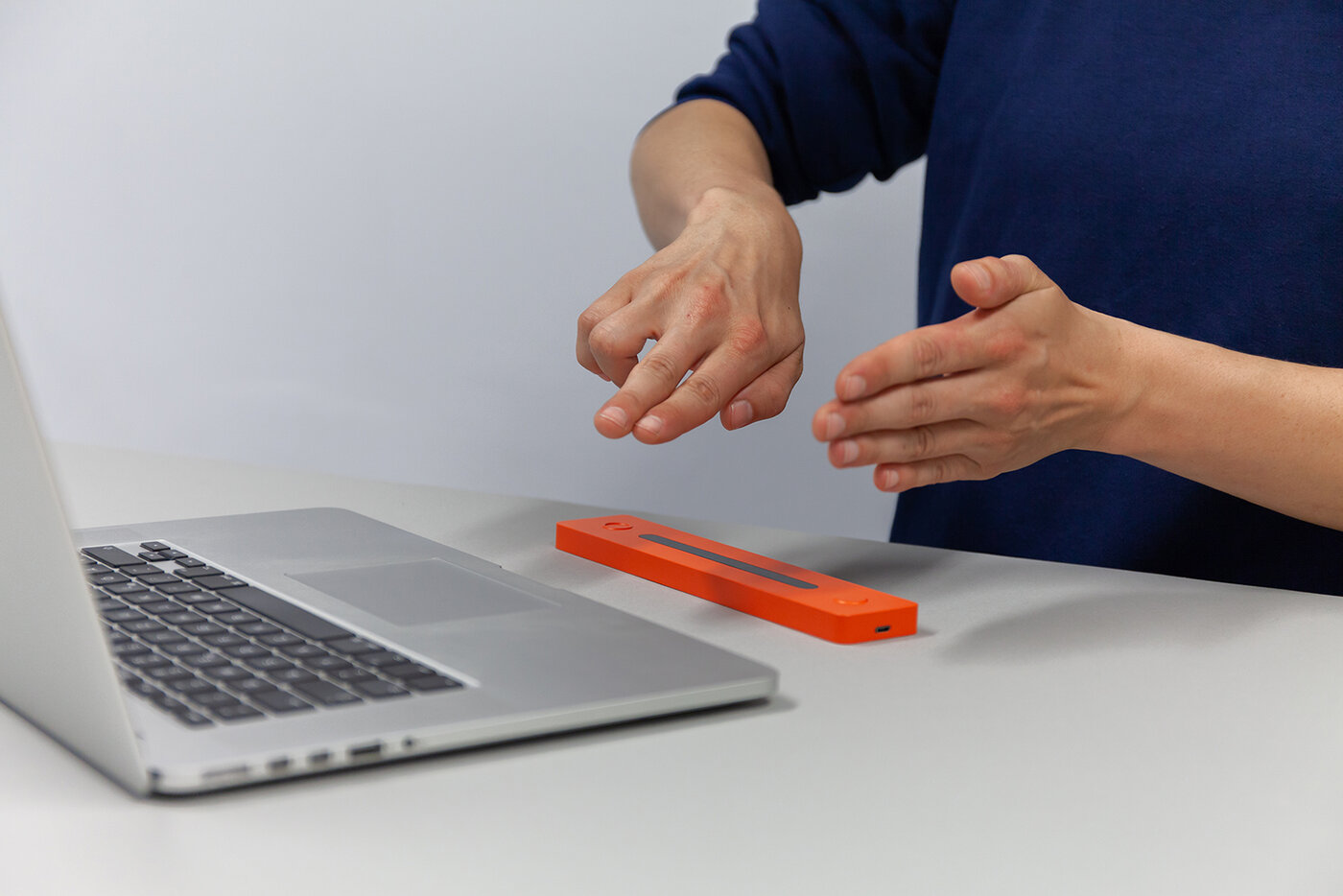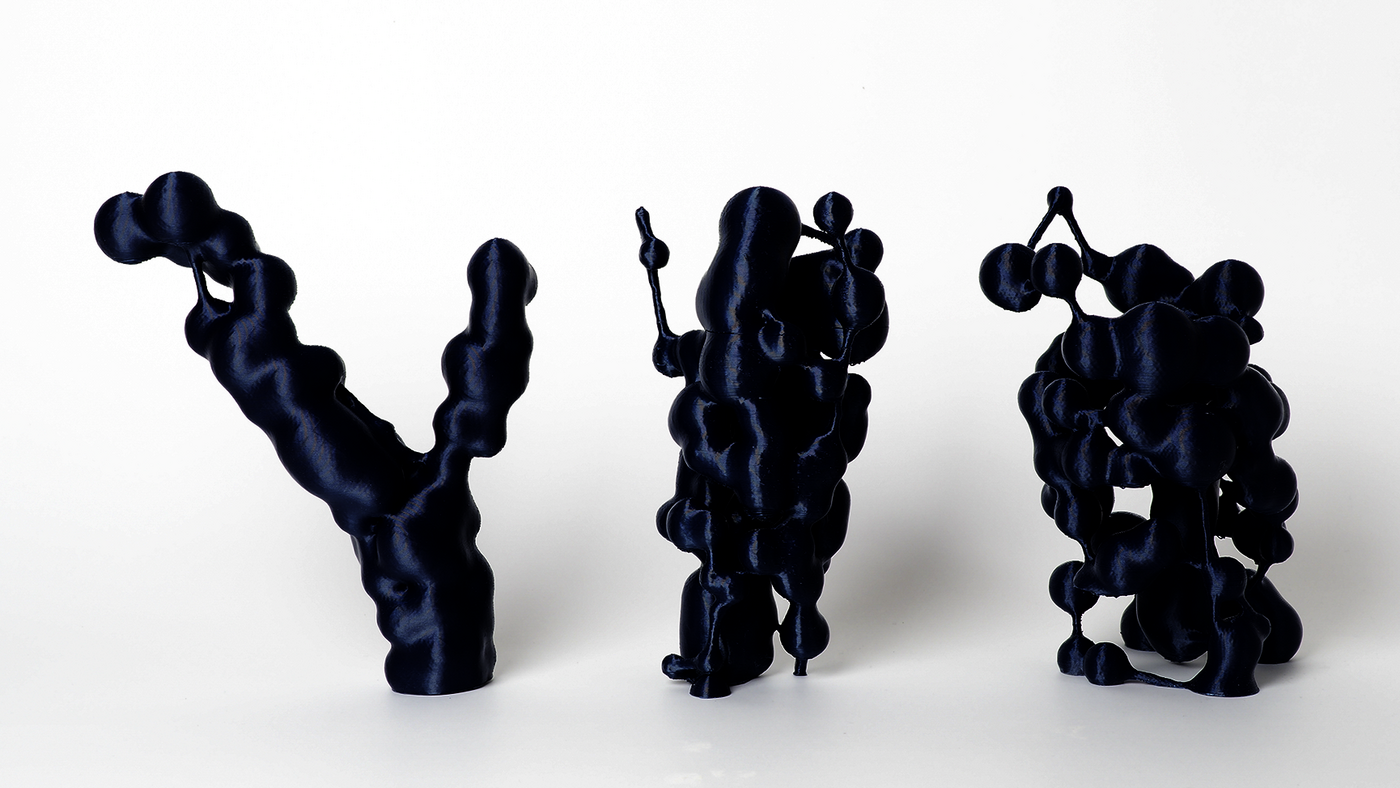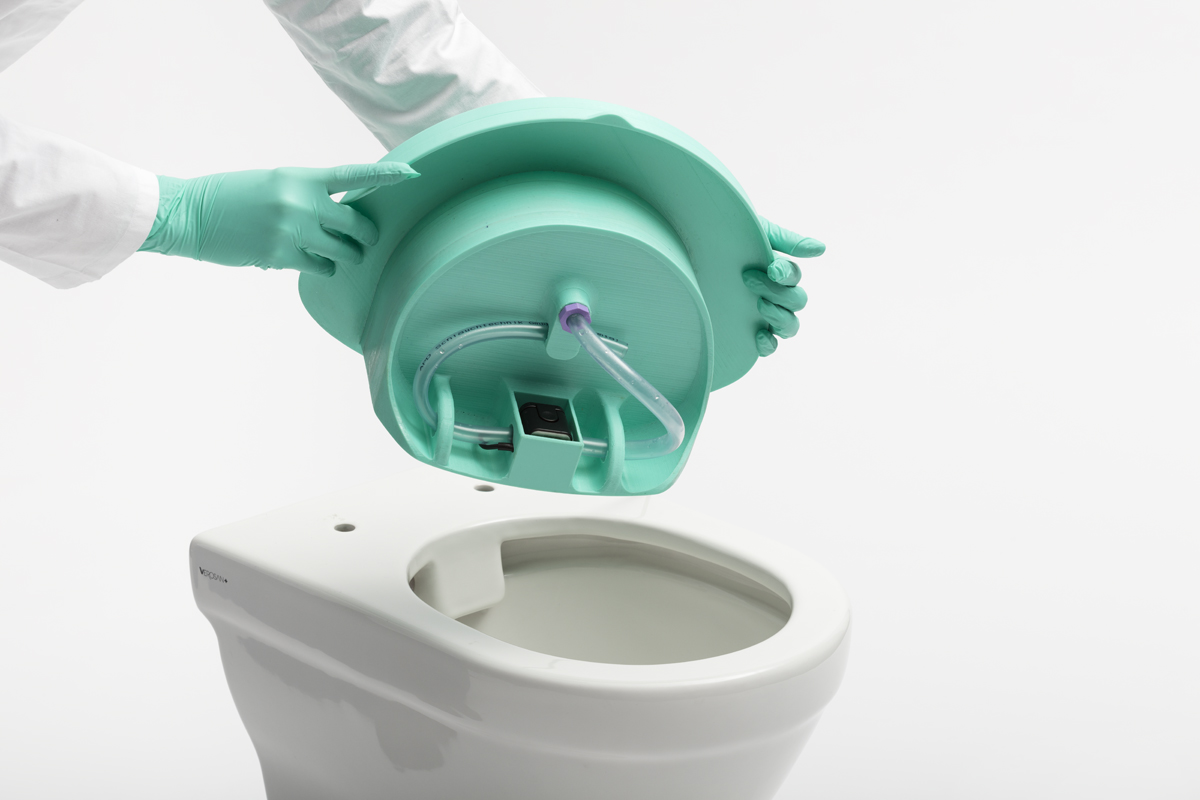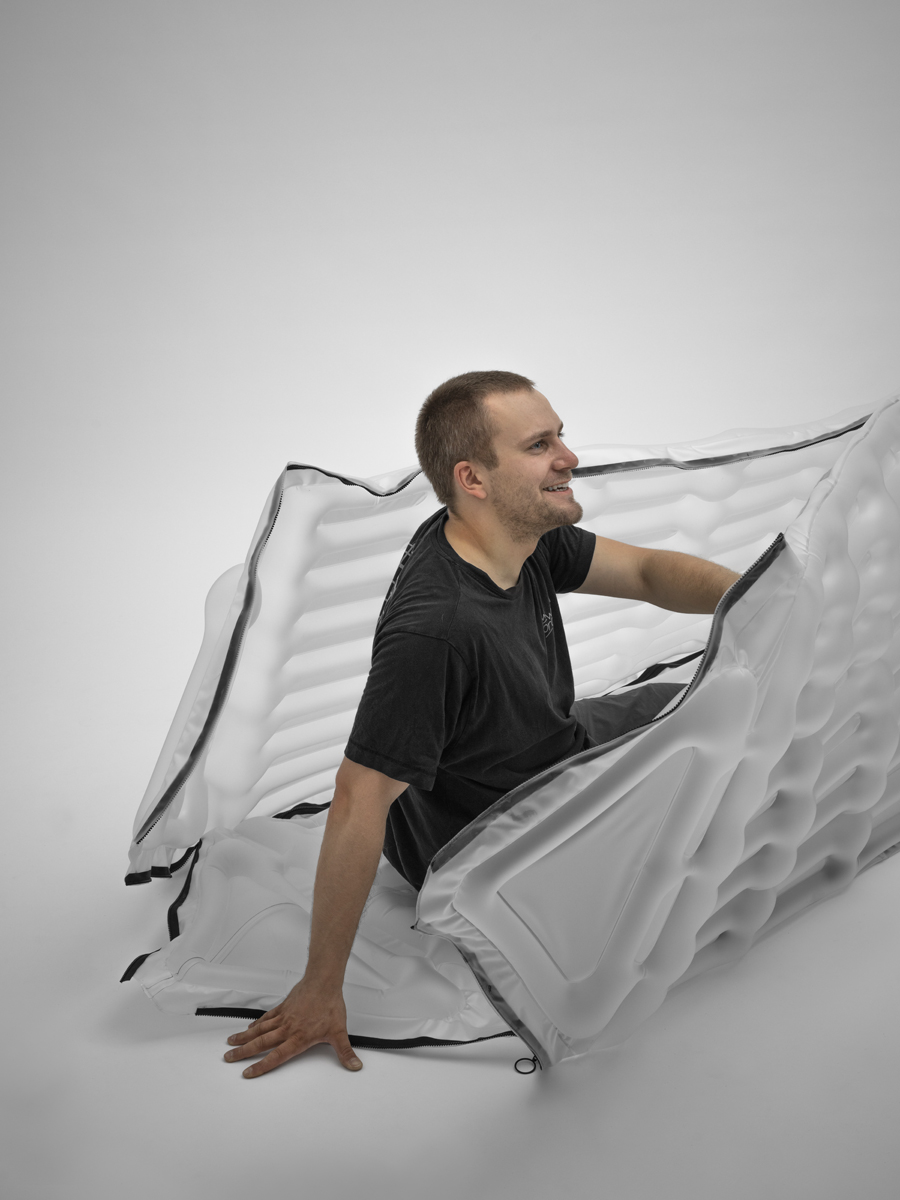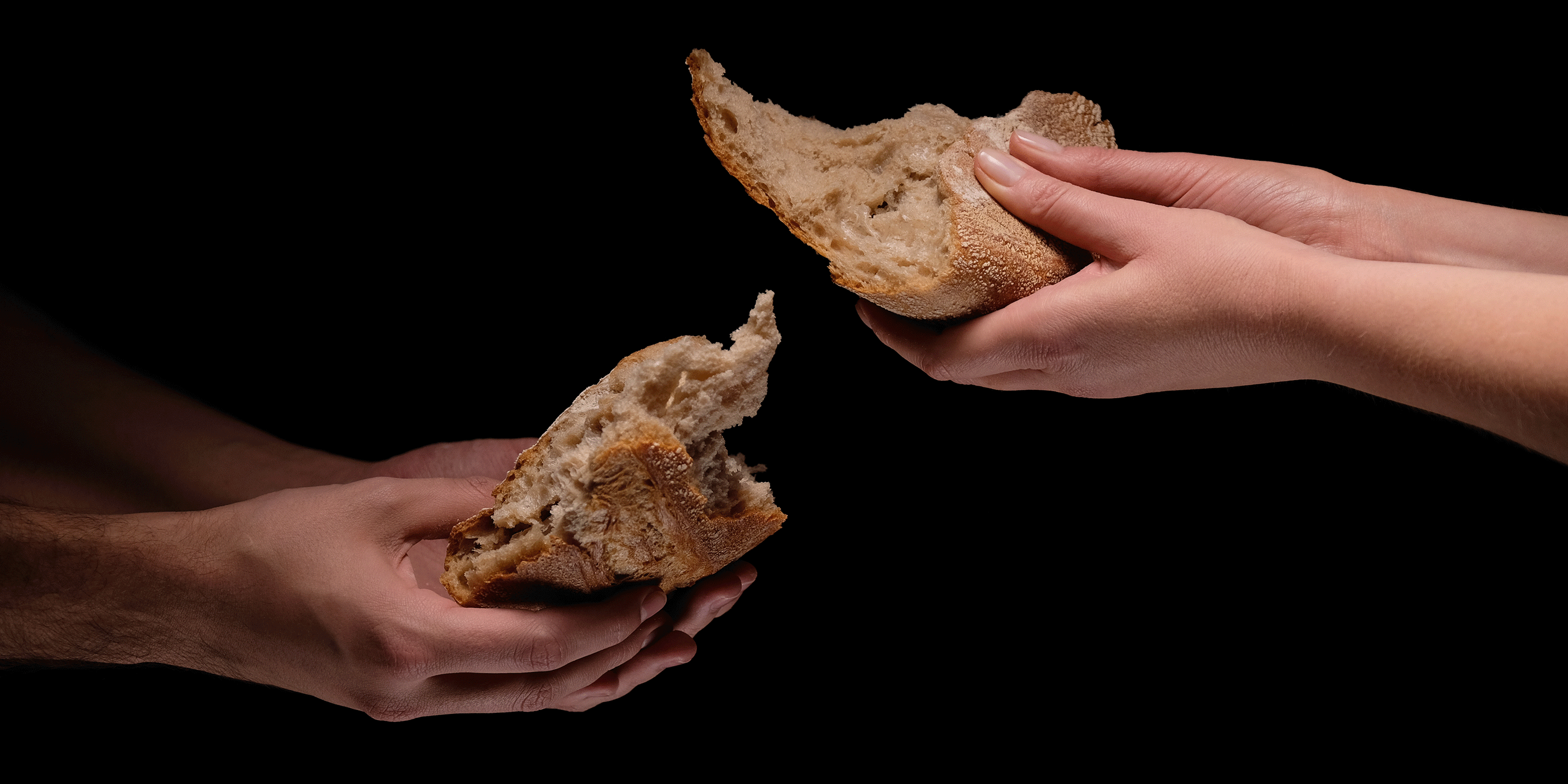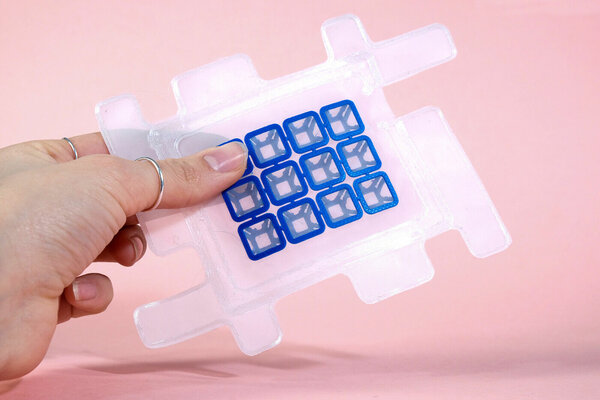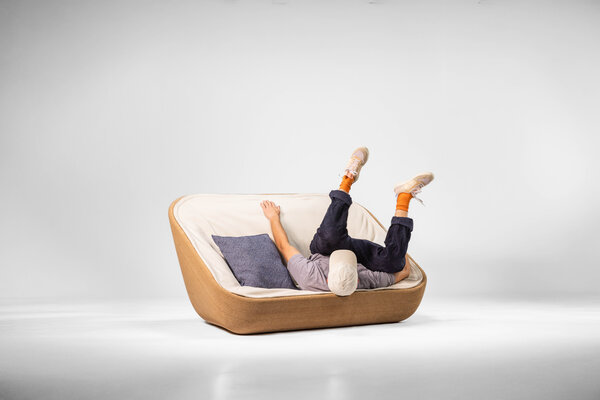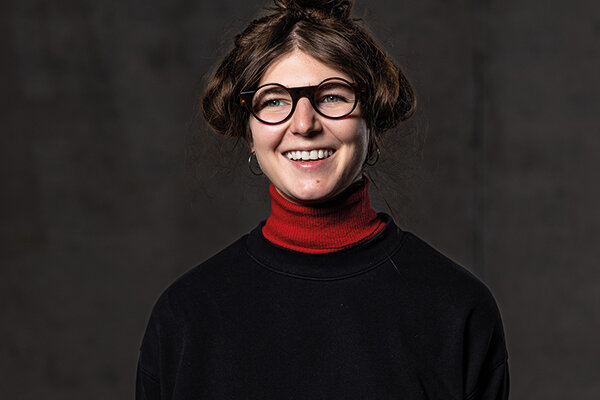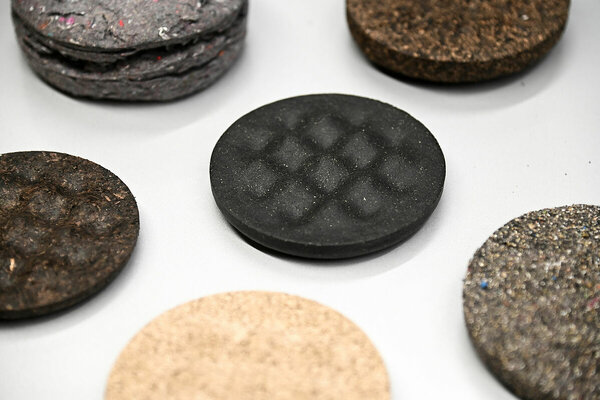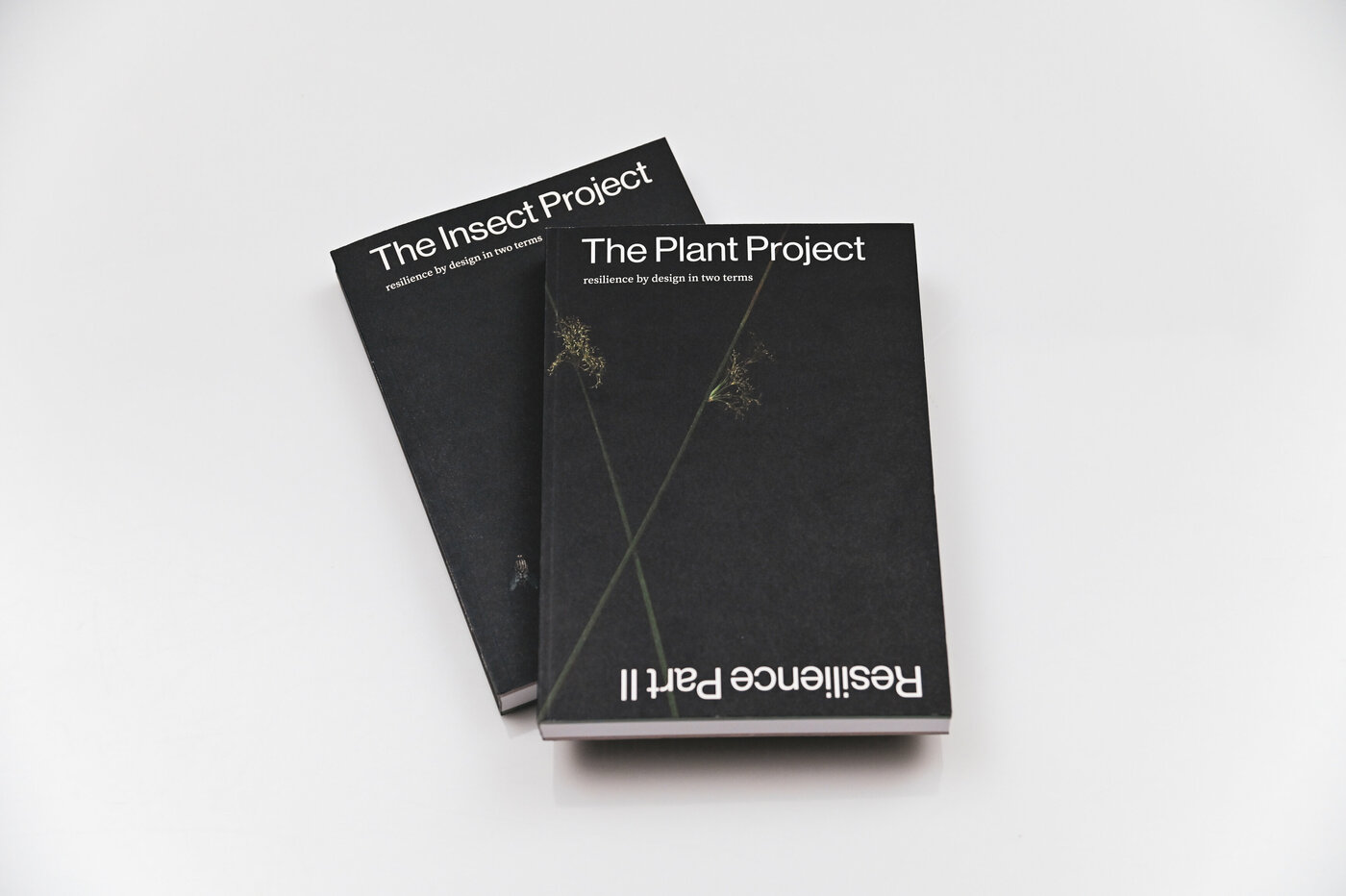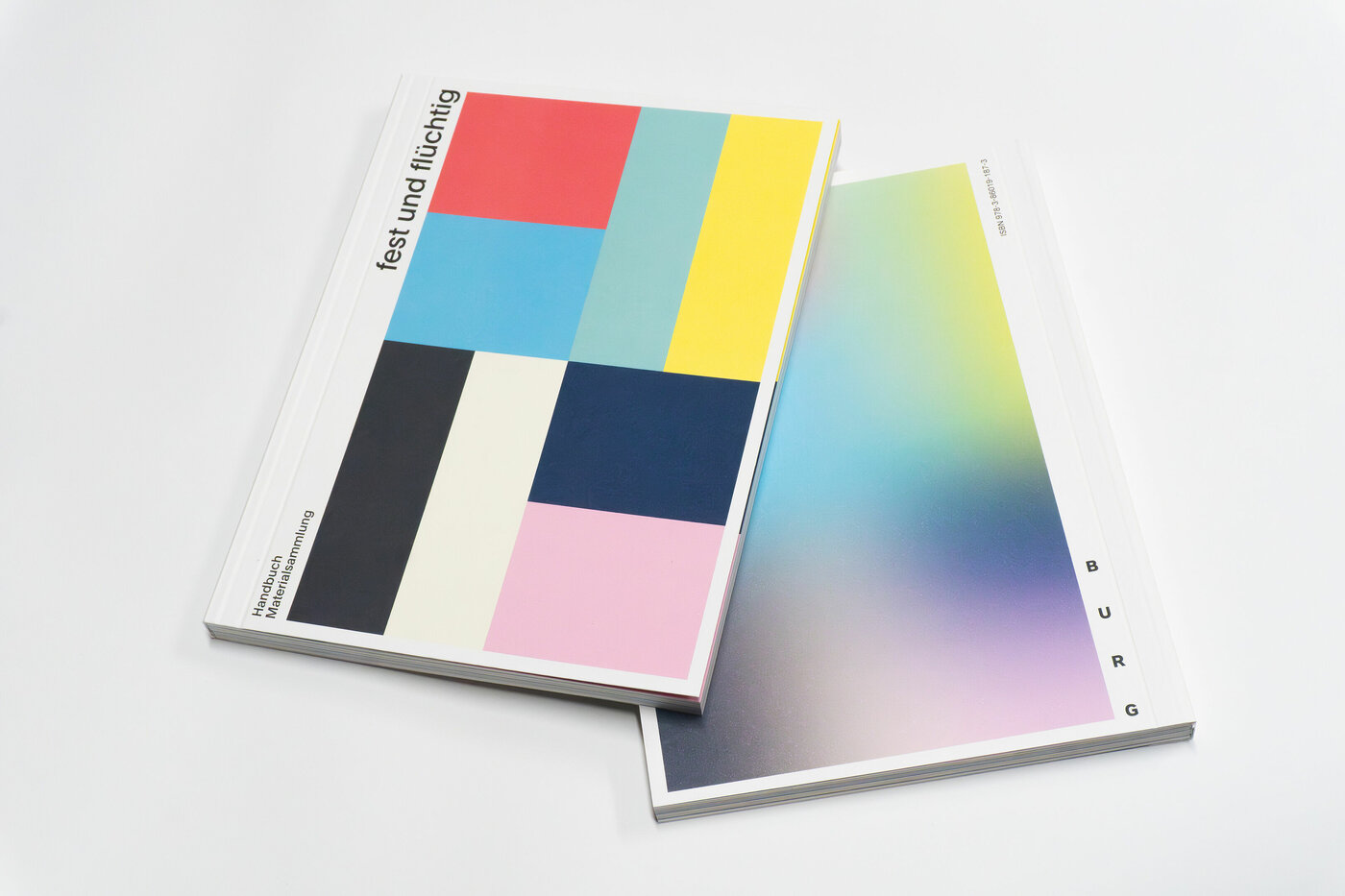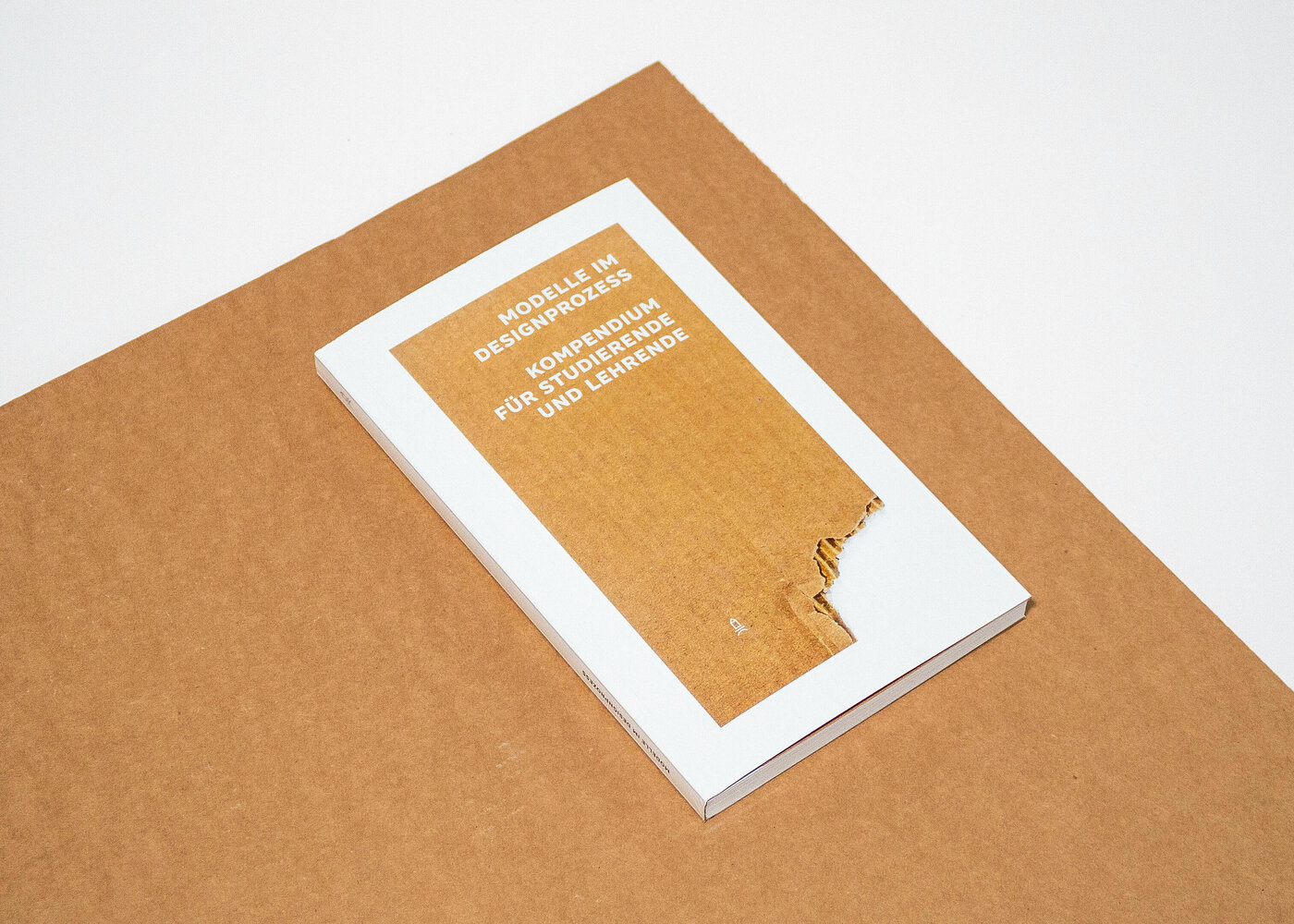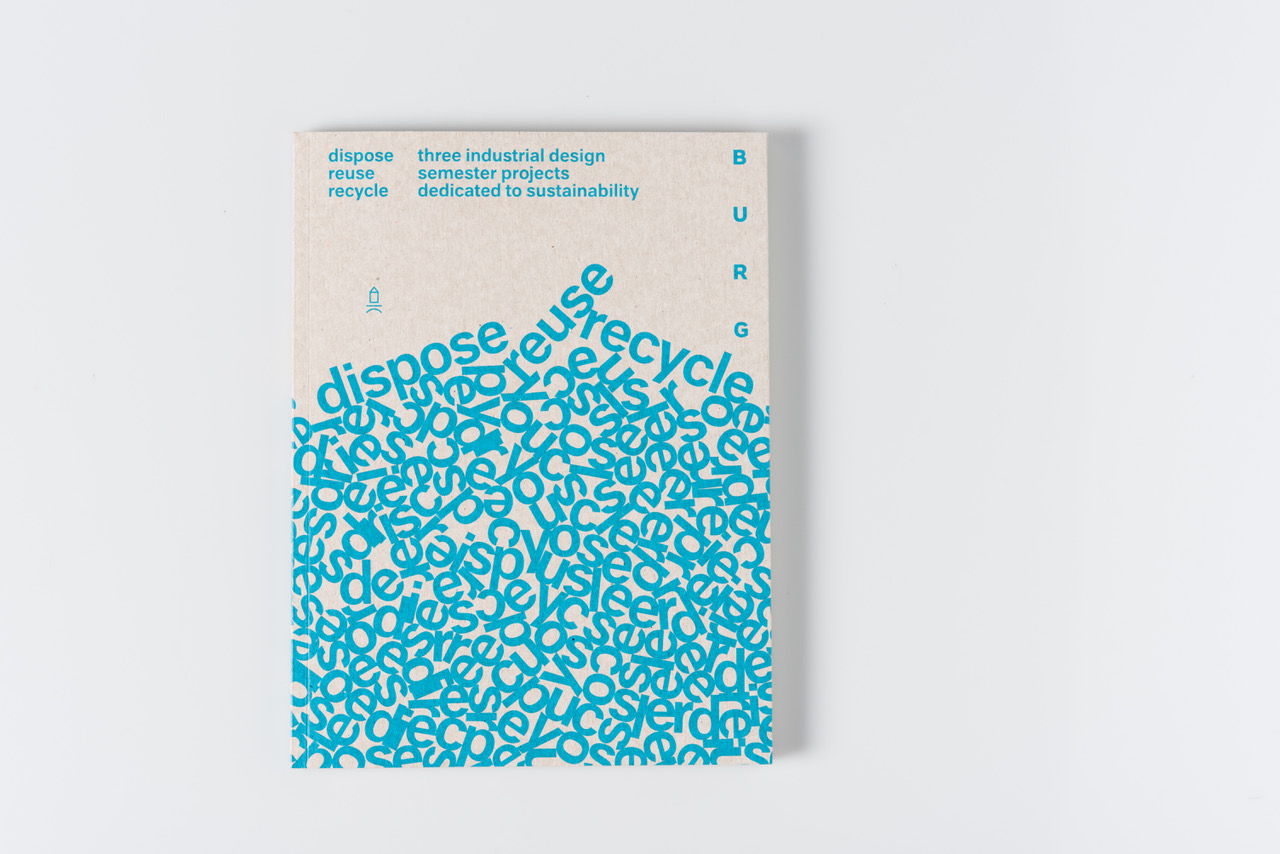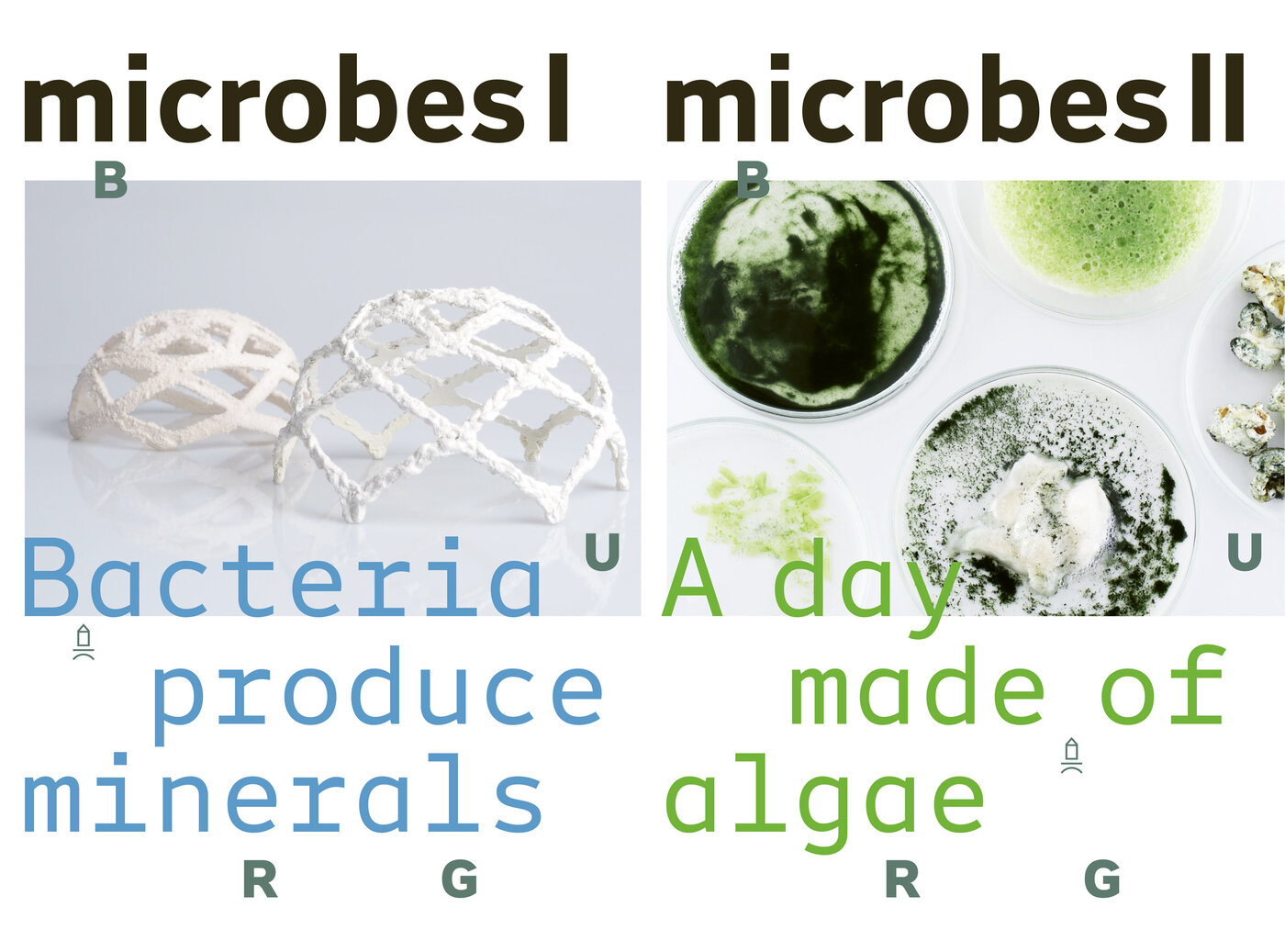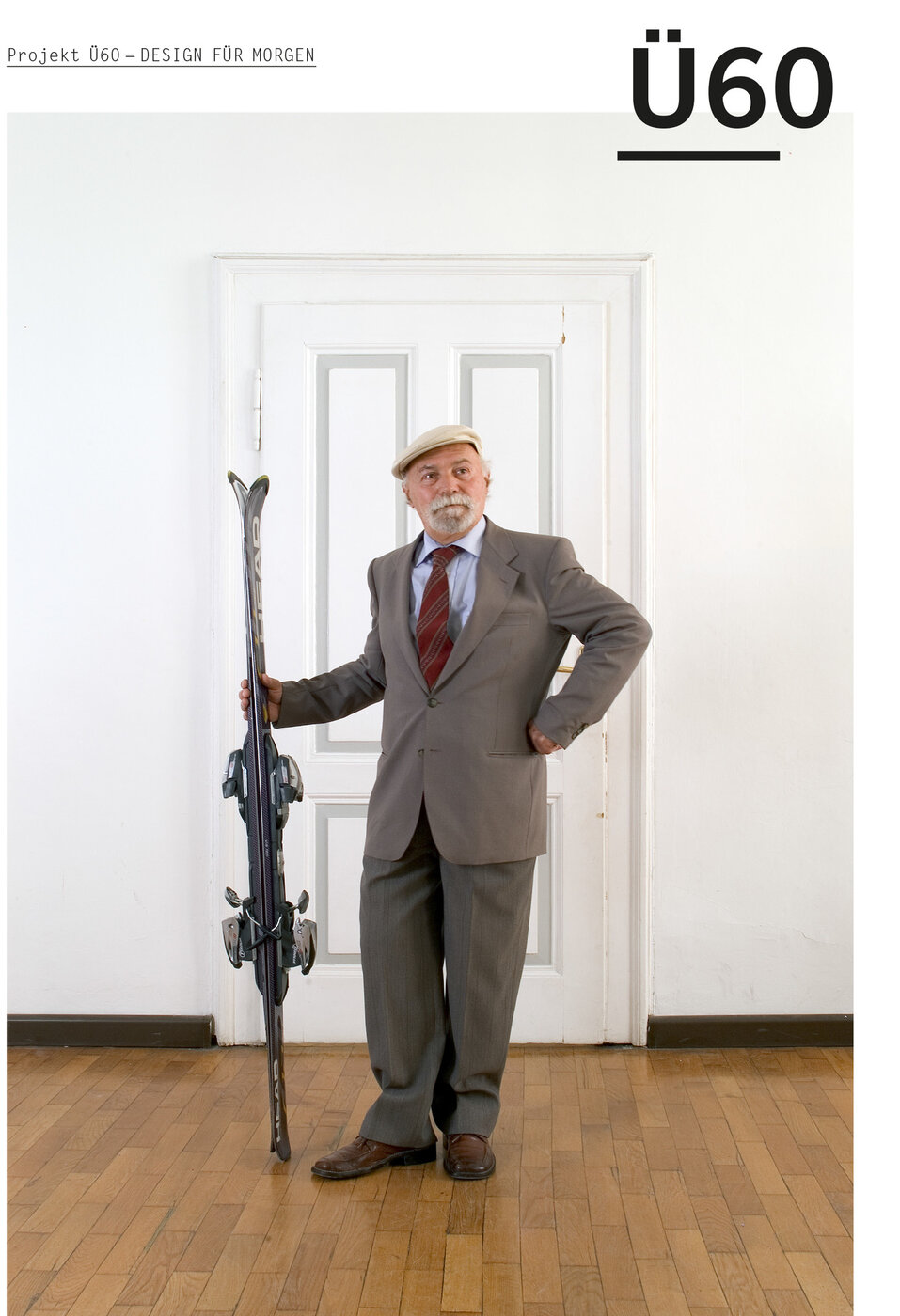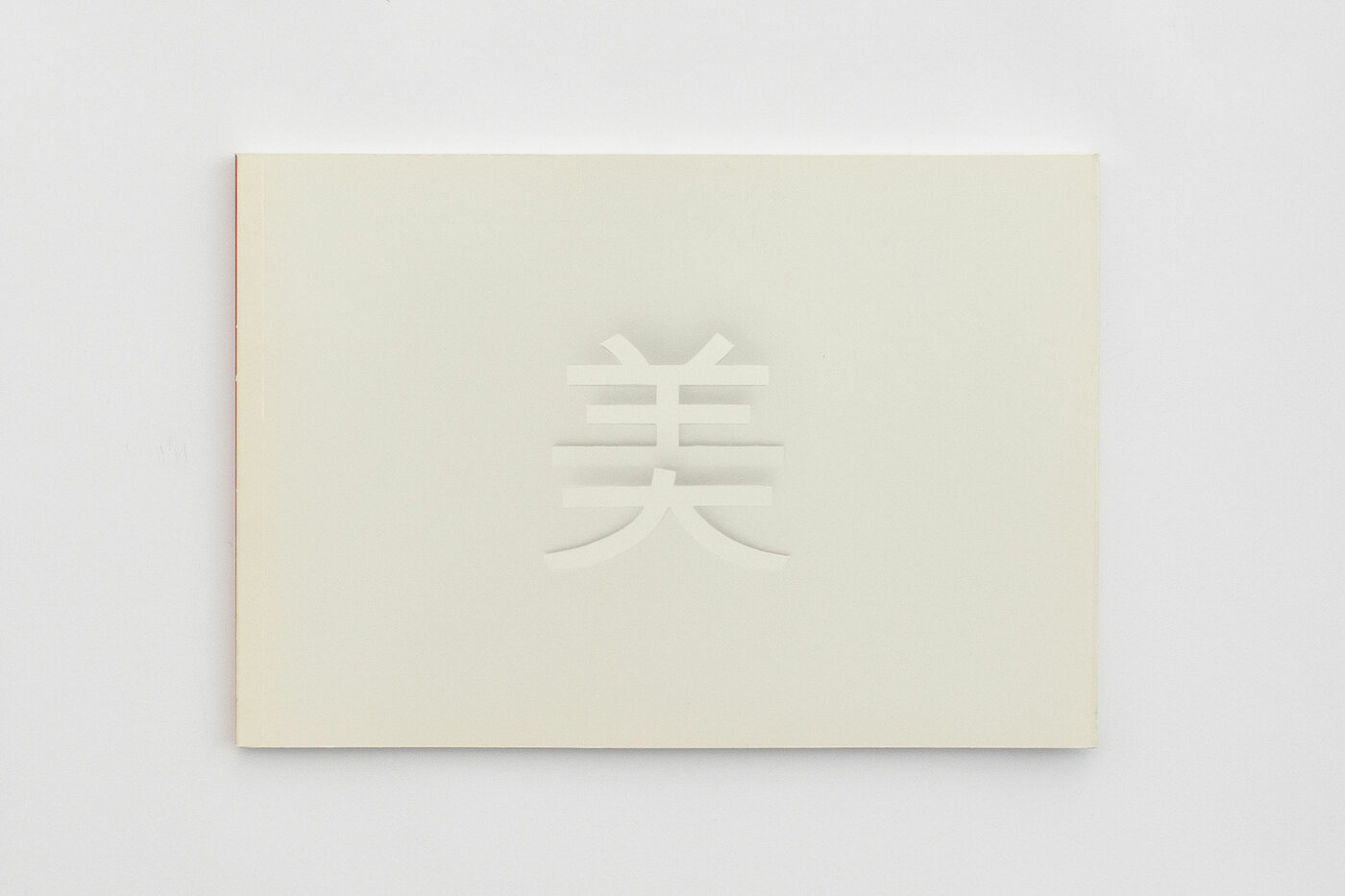The Industrial Design study programme teaches the variety of methods used in design processes in the search for future-oriented design solutions for issues in an increasingly complex living environment - through the experimental design of products and processes as a contribution to a sustainable everyday culture.
Industrial design competences are in demand when new products, modes of interaction or forms of production are sought: Concepts for socially just and ecologically sustainable management and production, resource-saving technologies and materials or responsible and inclusive use of digitalisation - to name just a few of the diverse areas of activity of industrial designers.
Industrial Design
Disciplines#
The Industrial Design study programme teaches the variety of methods used in design processes in the search for future-oriented design solutions for issues in an increasingly complex living environment - through the experimental design of products and processes as a contribution to a sustainable everyday culture.
Industrial design competences are in demand when new products, modes of interaction or forms of production are sought: Concepts for socially just and ecologically sustainable management and production, resource-saving technologies and materials or responsible and inclusive use of digitalisation - to name just a few of the diverse areas of activity of industrial designers.
The eight-semester Bachelor's study programme at the BURG trains students to experiment in design processes and to put them into practice in excellently equipped workshops and laboratories:
- Material experiments, test set-ups and prototyping through to 1:1 modelling
- Interaction-related strategies such as interventions in a real context or user participation
- the development of sensory perception and narrative expression skills
Professional skills are developed in project studies: whether it is knowledge of analogue and digital design tools, the recognition of opportunities and fields of action, confidence in independent problem solving or sensitivity to object and action qualities. In addition, the promotion of the ability to work in a team and the willingness to take responsibility as well as the ability to deal confidently with means of communication ranging from text and visualisation to film are central components of the course.
Courses#
aim of the study
The study programme (including the BA thesis in the 8th semester) develops the basic professional skills for industrial design: the recognition of opportunities and fields of action, confidence in independent problem solving, sensitivity to quality, communication and management skills, the ability to work in a team and a willingness to take responsibility. Graduates of the Industrial Design study programme are able to initiate and promote design processes in interdisciplinary teams and thus find their way into design studios, agencies or as independent designers.
Study specialisations
Real and future-orientated problems of the complex living environment (material and immaterial products, processes)
Programme and course content
Up to the 4th semester, students acquire technical-scientific, humanities, methodological, creative-visual and media-technical basics in interaction with elementary, conceptual and playful specialised projects. Accompanying supplementary studies (design theory, ergonomics, special media technology, rapid prototyping, etc.) are integrated thematically depending on the focus of the specific projects. The aim is not to produce a finished product design, but to encourage a methodical approach, experimentation and visionary thinking when working on design tasks of low and medium complexity.
From the 5th semester onwards, project topics derived from real problems in the complex living environment (material and immaterial products, processes) are dealt with. Problems and processes arising from high technologies are becoming increasingly important. Students can choose freely between the projects according to their interests and are supervised by lecturers with different specialisations. The entire range of design techniques through to computer-aided design is trained. Internships and studies abroad - supported by university exchange programmes - accompany the course. Students are supported in formulating original solution approaches and concepts in project studies and working on these independently and autonomously in order to increasingly develop their own professional profile.
Prerequisites
General higher education entrance qualification and artistic aptitude. Six-month pre-study internship in wood, metal or plastics processing, graphics, design, model making; craft or commercial apprenticeships with comparable activities can be recognised as pre-study internships.
Professional field
Industrial designers are specialists who plan and design all aspects of industrial and technology-related design tasks (products/systems/processes) and realise them in teamwork with all those involved in the development, manufacture, distribution and service of products. Modern technologies are constantly developing the fields of design and work for industrial designers: in addition to tangible products (consumer goods, machines, plants, systems), digital products and immaterial design concepts (virtual worlds, media scenarios and interactive processes) are becoming more important. The degree programme equips students with the professional skills required to design imaginative and efficient things, systems, spaces and processes.
Degree
Bachelor of Arts (B.A.)
university and examination regulations
- Study-relevant legal bases
Subject-specific admission requirements
- General higher education entrance qualification; exceptions for highly talented students are possible under certain conditions
- Passed internal entrance examination
- A 6-month pre-study internship is required (e.g. in wood, metal or plastics processing)
- Craft or commercial apprenticeship with comparable activities can be recognised as a pre-study internship
Entrance examination
- The registration deadline for the next entrance examination is usually at the beginning of March
- The entrance examination takes place once a year, usually at the end of March
Study Information Day
The university holds a Study Information Day in January every year for applicants. General information on the university is provided, and the various disciplines showcase themselves. You will be able to talk to students and to assistants. The precise date is announced on our website by mid-December at the latest.
Annual exhibition
The traditional summer festival, which includes the annual exhibition, is held every year in July at Burg Giebichenstein. The university opens up its studios, seminar facilities and workshops to all who are curious about the fresh ideas, objects and pieces of art that have been created in the various art and design disciplines at the state of Saxony-Anhalt's art university. You are cordially invited to come along!
Publikationen#
CONTACT study course
- Prof. Guido Englich
Neuwerk 7
06108 Halle (Saale)
+49 (0)345 7751-937
ed.ellah-grub@ngisedeirtsudni degree
- Bachelor of Arts
Start of study
- Winter semester, new students
per year: 30-35 STANDARD PERIOD OF STUDY
- 8 semesters, B.A. − Final thesis in the 8th semester
tuition
- tuition-free
Application
- Information for prospective students
Application





